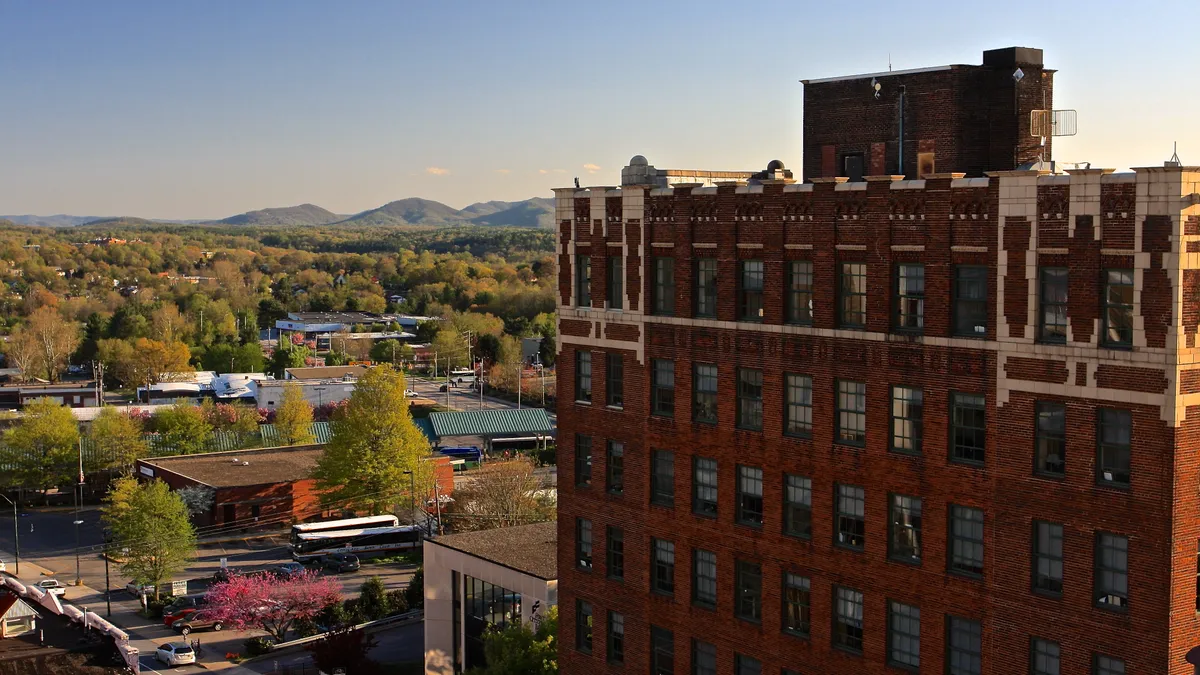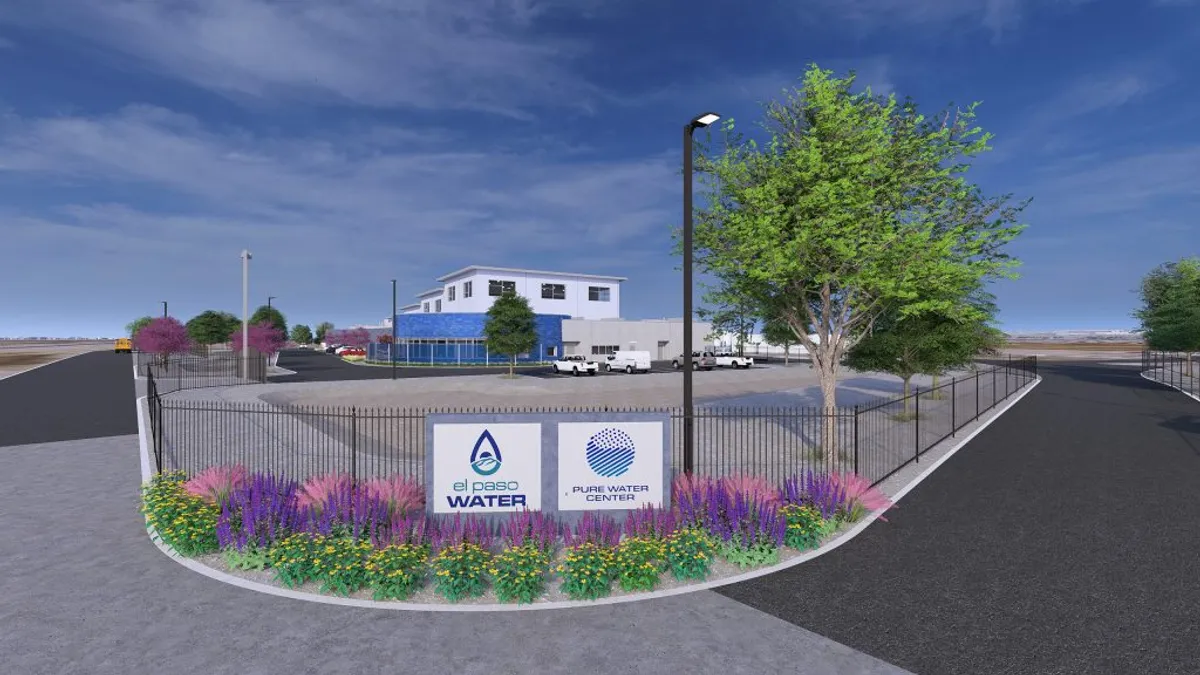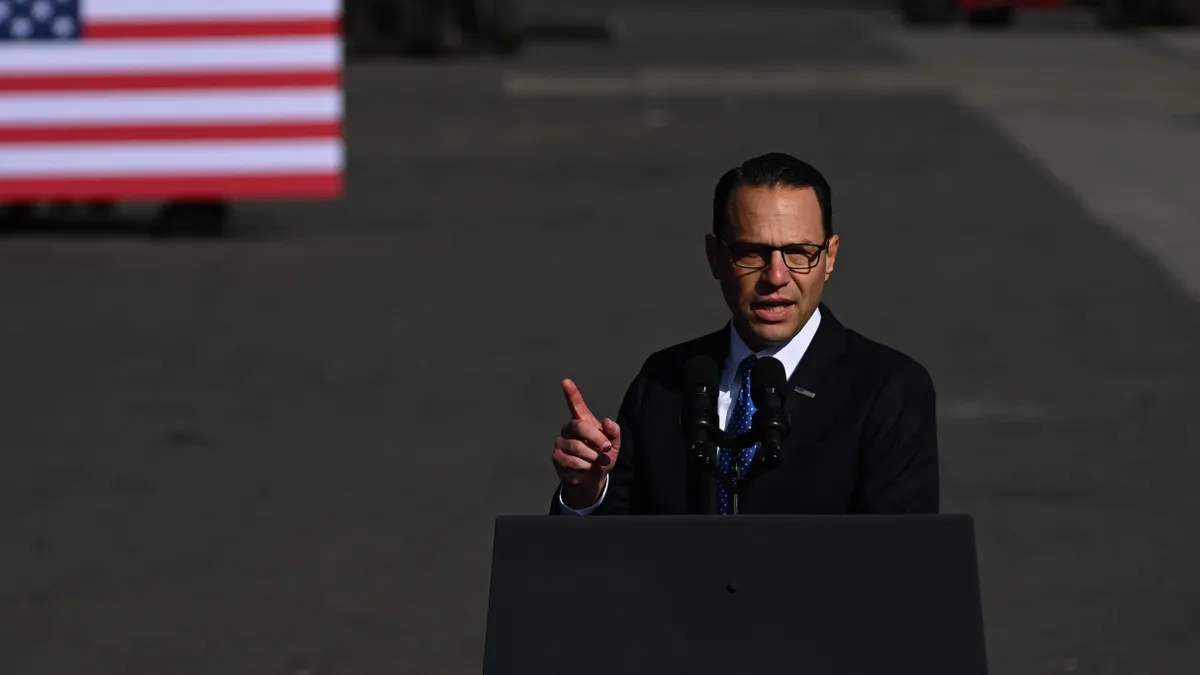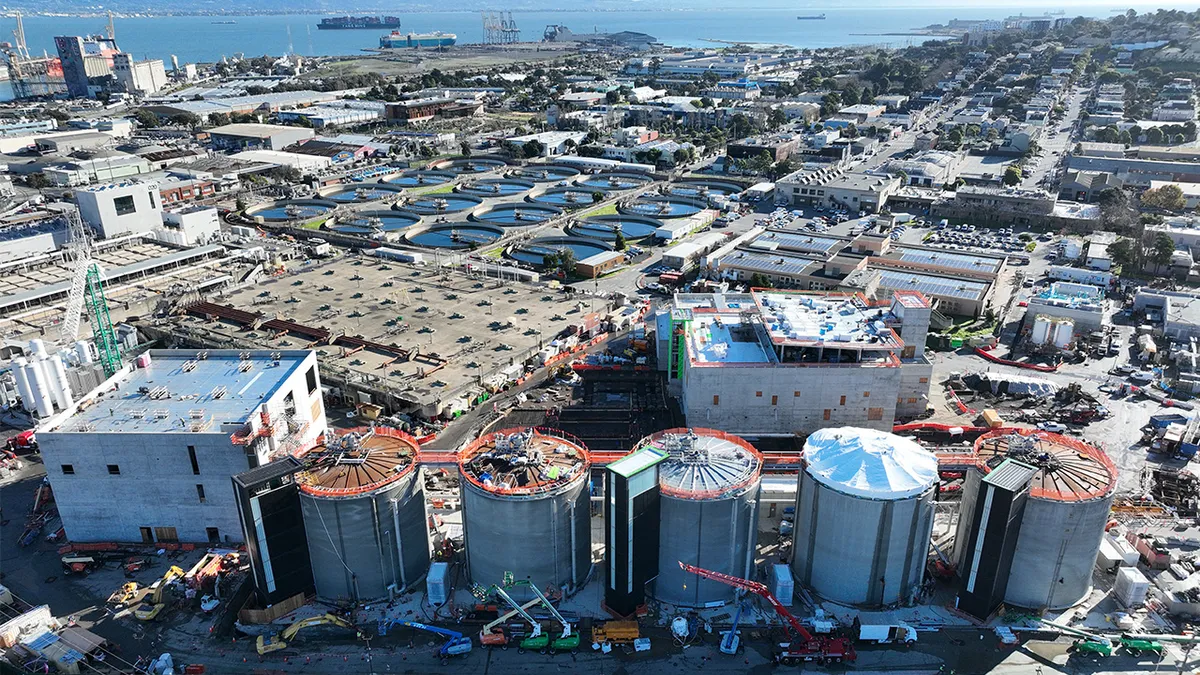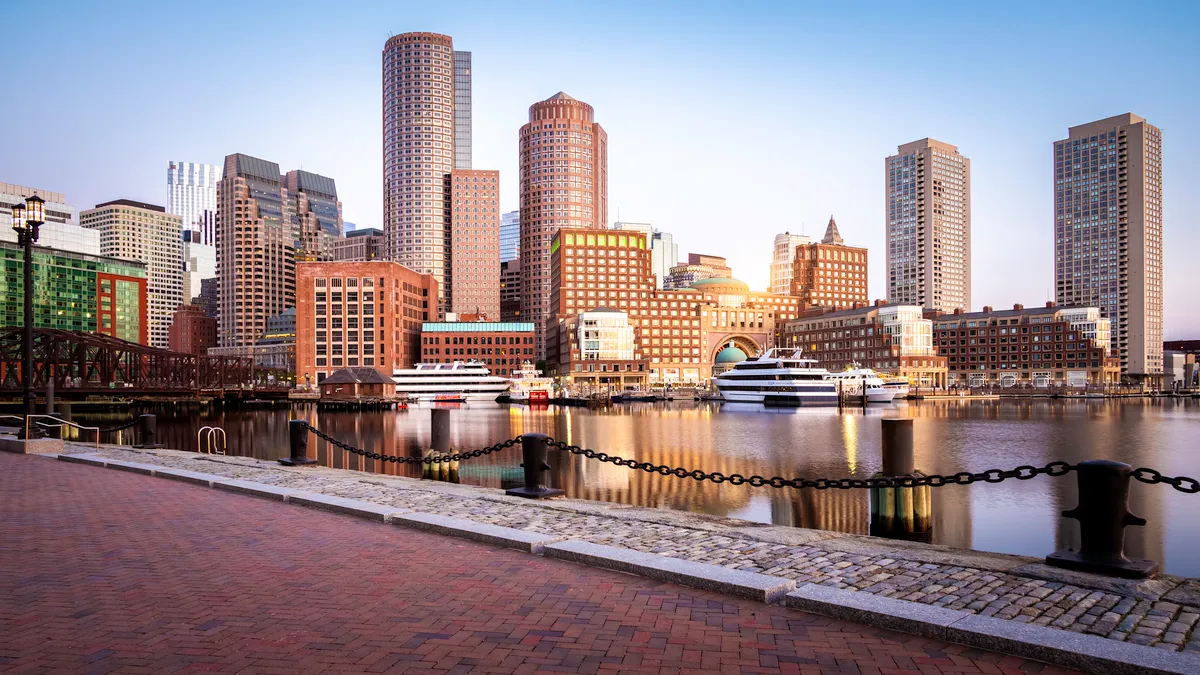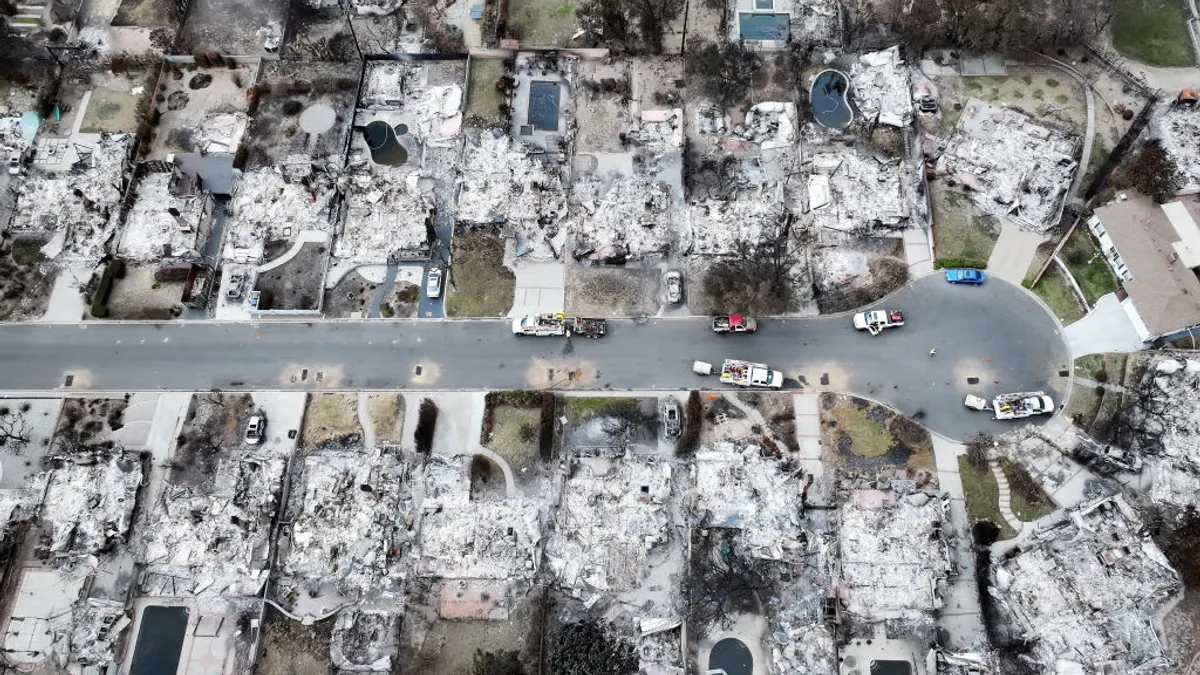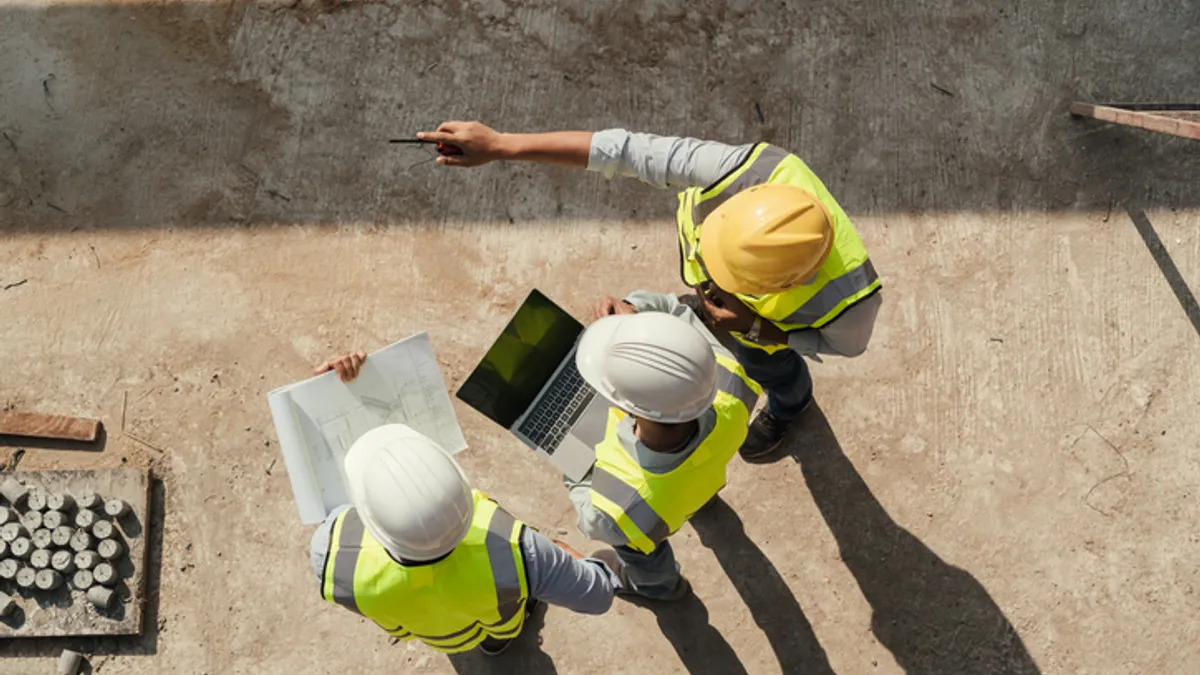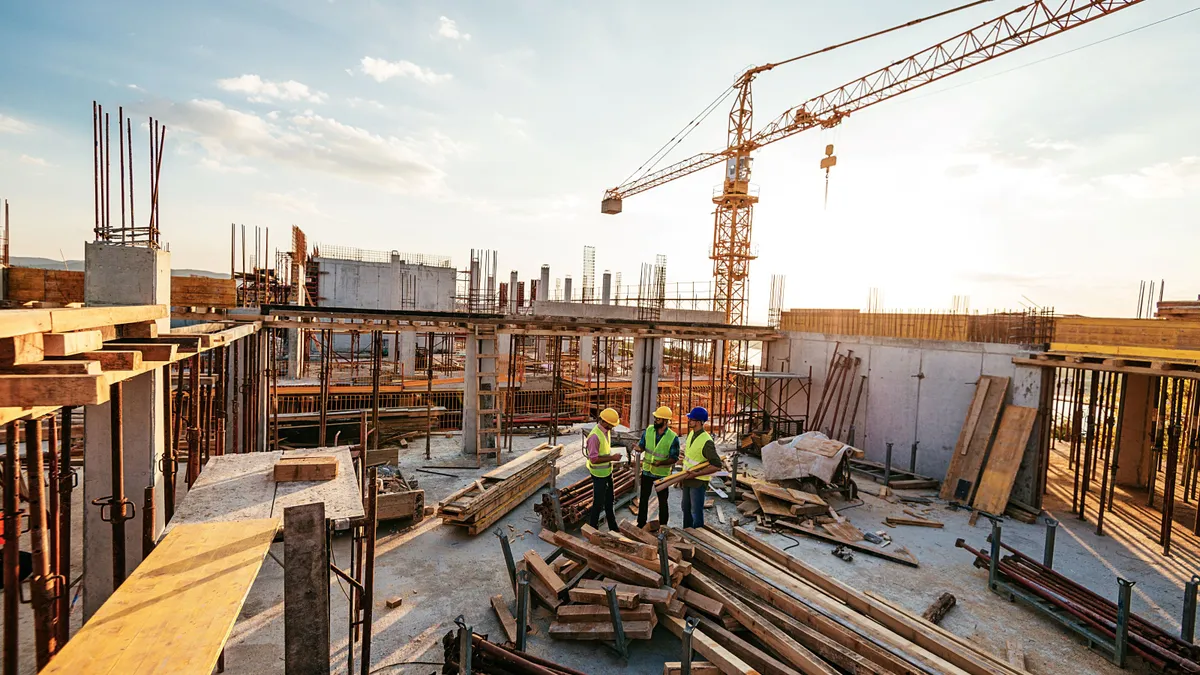This is the seventh article in our series on young professionals in construction. Read the first six here, here, here, here, here and here.
For many young builders, engineers and architects, sustainability has been more than a buzzword for their entire professional careers. This week, we talked with Brandon Bryant, 37, who started his small homebuilding business, Red Tree Builders, in Asheville, NC, in 2006.
Today, he leads a four-person team constructing homes built to the state’s Green Built standard. We talked with Bryant about how his young business survived the recession to bring ultra-sustainable construction to the burgeoning city in the Blue Ridge Mountains.
Editor's note: This interview has been edited and condensed for clarity
Why did you decide to focus on green building?
BRYANT: My dad was in construction, so I’ve always been around it. I became passionate about green building as I was getting into construction. It was becoming a buzzword. I never knew anything different.
Who were your first customers?
BRYANT: In Asheville, almost everyone is a custom builder — there are no national homebuilders here. The economics just doesn’t work. People come here and want a specific product. When we started in 2006, my family had developed a small subdivision here, and we built an 1,800-square-foot spec house on one of those lots. I was just there mowing the grass one day and people from out of town drove up and, before you know it, we signed the contract.
But we sensed that the market was making a shift so we didn’t build any more spec houses. That’s why I survived [the recession], because I didn’t have myself over-leveraged.
How did you get through the recession?
BRYANT: Red Tree went through a lot of development phases. We finished some basements, did some remodeler additions, things like that. I went from having a crew to it being just me, because I couldn’t keep them all employed. At that point, I had to revisit [the business]. Is this what I want to keep doing? I give all the credit to my wife, who had a good job that allowed me to hold onto that dream. Without her income, we’d have probably had to close the doors and I would have had to find another career.
When did things start looking up?
BRYANT: We got back to building spec houses in 2010. In the last two or three years, our business has grown leaps and bounds. We’re still what I’d call a concierge builder. We build five to seven homes a year and are very hands on. I’m out there, our project manager is out there. You get to know us and we get to know you from design all the way to the final build. Red Tree is still a family-run business.
It’s got to help that Asheville, itself, is growing.
BRYANT: I’m lucky to be building where I’m building. Ashville is very eclectic. People are coming from all over the place, and they are passionate about that kind of lifestyle. There are other parts of the state that haven’t rebounded like we have, and in many areas people aren’t wanting green building.
With some of our houses, you wouldn’t know it was Green Built except for the paperwork we provide the owners. I educate people. We’re looking at indoor air quality, energy-efficiency, water use and how we use the land.
Has your bachelor’s degree in computer science helped you as a homebuilder?
BRYANT: I haven’t figured out how to get off a computer. 80% of the clients we build for are out of town. I’ve got clients in California, Long Island, NY, Charlotte, NC, Washington, DC. It allows us to communicate. We have an [online] client portal with a schedule and selections that they can make and work through. Being able to look at plans on the iPad at a job site, looking up a scope of work, stuff of that nature, gives us an advantage. We’re also implementing smart features in our houses, such as smart thermostats, Sengled LED speakers, and smart garage doors and front door locks.
Did you always imagine running your own business?
My dad was an entrepreneur, and to some degree my mom was. I didn’t do well working for other people; I was always big-picture, a big dreamer. Now, I have a 4-year-old daughter and my wife travels for work. I love being a dad, and I love Red Tree and building houses and building a successful business. It’s finding the balance with that and family life — quality time, not just quantity time.
To what extent has mentoring been available to you as a young professional?
BRYANT: It’s been hit and miss. Getting started, I had a lot of great help from my father and other family friends who had done construction. My wife encouraged me to talk to other local builders, and once I started doing that, I found that they were very open to saying: "Hey, what are you struggling with?" or "I’m struggling with this, how are you handling it?"
Has that impacted how you’ll work with younger builders?
Being a future president of the Asheville Home Builders Association, it’s one of my goals for the HBA to start working on mentorship. There’s not a lot of young people getting into the business, and that concerns me. I came into the industry in a kind of weird way, and I think a lot of people might come into it that way. Our HBA does a scholarship, but we want to build relationships with the colleges in the area that offer building or project management degrees to form an internship [program] —you could apply to have an internship with Red Tree Builders or some other builder with our HBA. I think a lot of people, once they got into it, would enjoy it.
It’s nice to see associations stepping up to supplement technical education programs.
BRYANT: There was a push that everyone should go to college. I went to college and loved it, but it’s not for everybody. Some people are wired to work with their hands, and making people think that there’s nothing wrong with doing that is a good thing.
Where do you see yourself in 10 years?
BRYANT: I have no idea. I think about that every day. One end of me wants Red Tree to take over Asheville. On the other end, maybe I should just be content in being, focus on family first. Red Tree is my baby and we’ve built it, but it’s not where we want it to be yet. In 10 years, ideally we are doing some subdivisions, pocket neighborhoods or communities that are focused on the land. We’re building the first house in an ‘agrihood’ here — it has the French Broad River running through it and farms and trails, it’s just fantastic. I want to see this succeed because what they’re doing, being a good steward of the land, is what I’m passionate about. Hopefully, some of those kinds of opportunities are down the way.



